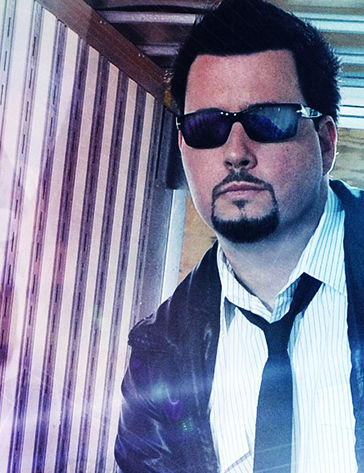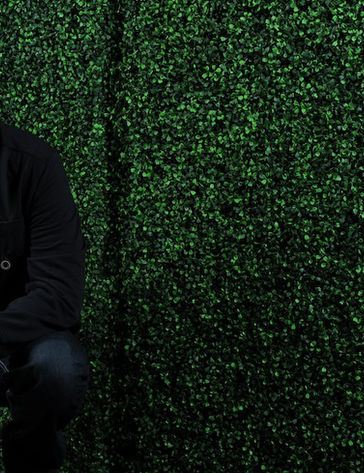When Dave Aude got his first synth at 13-years-old, he was already on the right audio path. Five years on, he had gained more knowledge on MIDI than most people in the industry. Headliner catches up with him, 93 Billboard Dance Chart number ones later...
“In those days, there were two kinds of music: house and techno; I fell in love with underground house and decided I wanted to do that for the rest of my life,” reflects Audé , from his LA studio. “I helped found a label in the mid ‘90s, Moonshine Music, which is now the largest indie label in the US; it helped facilitate the careers of guys like Carl Cox and Paul Oakenfold, who have gone on to great things, and from there, I went into production for the label, then onto remixing.”
By the time he was out of High School, Audé had gained a serious knowledge of MIDI, which took him straight into teaching. He taught MIDI, tape editing, and Sound Tools (now Pro Tools) at the LA Recording School, one of the largest of its kind in the country.
“This is when there were actually tape machines, which a lot of kids don’t know about today,” he says, with a smile. “I was going to go to music college, but really they weren’t where I was at; they were teaching basic theory and instrumentation, whereas I wanted to do engineering and more electronic stuff. I was a keyboard player, and I always thought I’d play in a rock band, but when I saw the DJ culture in the underground warehouses and hotels in downtown LA, I was sold; they’d play anything from pop to super-under- ground techno.”
Making Waves
One thing Audé has really got involved in is helping the new generation of people jumping on the scene; kids that perhaps haven’t gone to engineering school or learned the correct ways to
make music.
“They might not know the notes in a C chord, or the difference between major and minor keys, but they have computers, so they are able to make music, because technology allows them to, and that’s a great thing,” he insists. “Waves has been smart and realised that there’s this big, giant generation of people out there doing this, who aren’t necessarily miking drum kits or guitar amps, or using big consoles to do stuff.
“It’s not about catering to the likes of Tony Maserati or Manny Marroquin, who are of course the top of the top; Waves has made great, easy-to-use plugins, which use simple terms like bass, treble, and compression – OK, a lot of kids don’t know what compression is, but that can change - and I am helping get the word out there, basically.
Box Clever
Audé has a big rack of gear, however it’s pretty much redundant these days, as everything is done in the box. Over the years, he has developed a kit of sounds using pretty much every drum machine known to man.
“I’ve got an 808, a 909, a 727, a 707, an , a OB Drum, a Linn Drum; I sample all those to death. My go-to synth is the reFX Nexus, which is a super, easy-to-use synth with a million sounds, all of which are pretty great; I do my writing with that,” he explains. “If I need deeper bass, maybe I’ll pull up the Ace synth, or the Massive, to replace the bass; and then I check my pads. These days, the go-to pad is the Spectrasonics Omnisphere pad, which has basically replaced all my Roland synths. In terms of plugins, I love to use the Waves stuff. I genuinely can’t say enough about Waves, period. My favourite plugins today would be the Jack Joseph Puig and Tony Maserati Signature Series, and the Chris Lord-Alge stuff, all of which are great for guitars and vocals.
“The Waves H Delay is my go-to delay for any vocal, or even a slap, as it’s so simple to use; it’s also a plugin that’s in my own EDM Waves tool-kit. Also, the Waves Vocal Rider is perfect for riding the vocal level; when I get vocals, I am getting the stem, so it’s usually pretty good, but it’s always going to need a bit of riding in my mix.
“If you love doing something enough, the world will figure a way out to let you do that. To be a great DJ, you can’t just listen to great records, you need to listen to thousands of records and get some kind of knowledge; to be a great remixer, you need to go out and do 100 different remixes: different styles, tempos, and gain as much experience as you can.”

